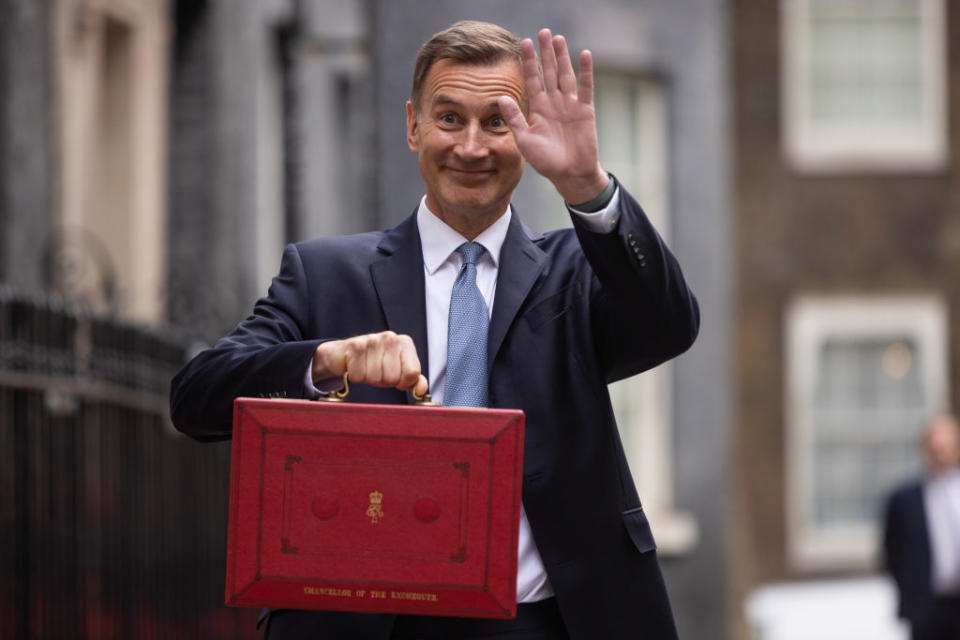Hunt doubles down on ‘long term ambition’ to abolish National Insurance

Jeremy Hunt today doubled down on his “long term ambition” to abolish employee National Insurance, but economists are doubtful that the measure will ever be implemented.
The Chancellor reduced National Insurace by 2p in last week’s Spring Budget, following a reduction of the same amount in the Autumn Statement. This will bring the basic rate of National Insurance down to 8p from April.
But since the Spring Budget the government has mooted the possibility that it could be abolished altogether.
Asked about this intention by MPs during a Treasury Committee hearing today, Hunt said: “This is a long term ambition to make work pay in the British economy… we need to focus our tax cuts on the things that will grow the economy the most, and that means getting more people into work”.
National Insurance is paid by employees on top of income tax. Critics argue this effectively creates a double tax on work, potentially putting people off going into employment.
“All these different tax pots have an impact on behaviour. If you have one that is disincentivising work, it is holding back growth. That is the wrong thing,” Hunt said.
Labour have argued that abolishing the levy would cost £46bn, but Hunt has stressed that he would not cut public spending to fund the move and would only go ahead with the policy “when it’s affordable”.
“If we abolish the double tax on work… it would be the biggest tax simplification in our lifetime,” Hunt said.
A number of economists were supportive of the ambition to abolish National Insurance, but were doubtful that the measure would be introduced in the near future.
Paul Johnson, director of the Institute for Fiscal Studies, said it made sense to tax earned income and income from other sources at equal rates.
“A world in which we are equalising the tax rate… on earned income and other income would strike me as being an appropriate place,” he told the Treasury Committee yesterday.
Professor Arun Advani, associate professor of economics at Warwick University, said yesterday it would be a “straightforward redistribution towards people who get their income from work, and away from people who get their income either from wealth or from pensions”.
Hunt emphasised today that it would be the work of multiple parliaments to accomplish, but some economists were dubious it would happen at all.
“I do not think that there is any prospect of it happening in the foreseeable future,” Johnson said.
Torsten Bell, chief executive of the Resolution Foundation told MPs yesterday that “you would probably need a degree of cross-party consensus over a period of parliaments.”
“I look forward to that happening in about 50 years time,” he said.

 Yahoo Finance
Yahoo Finance 